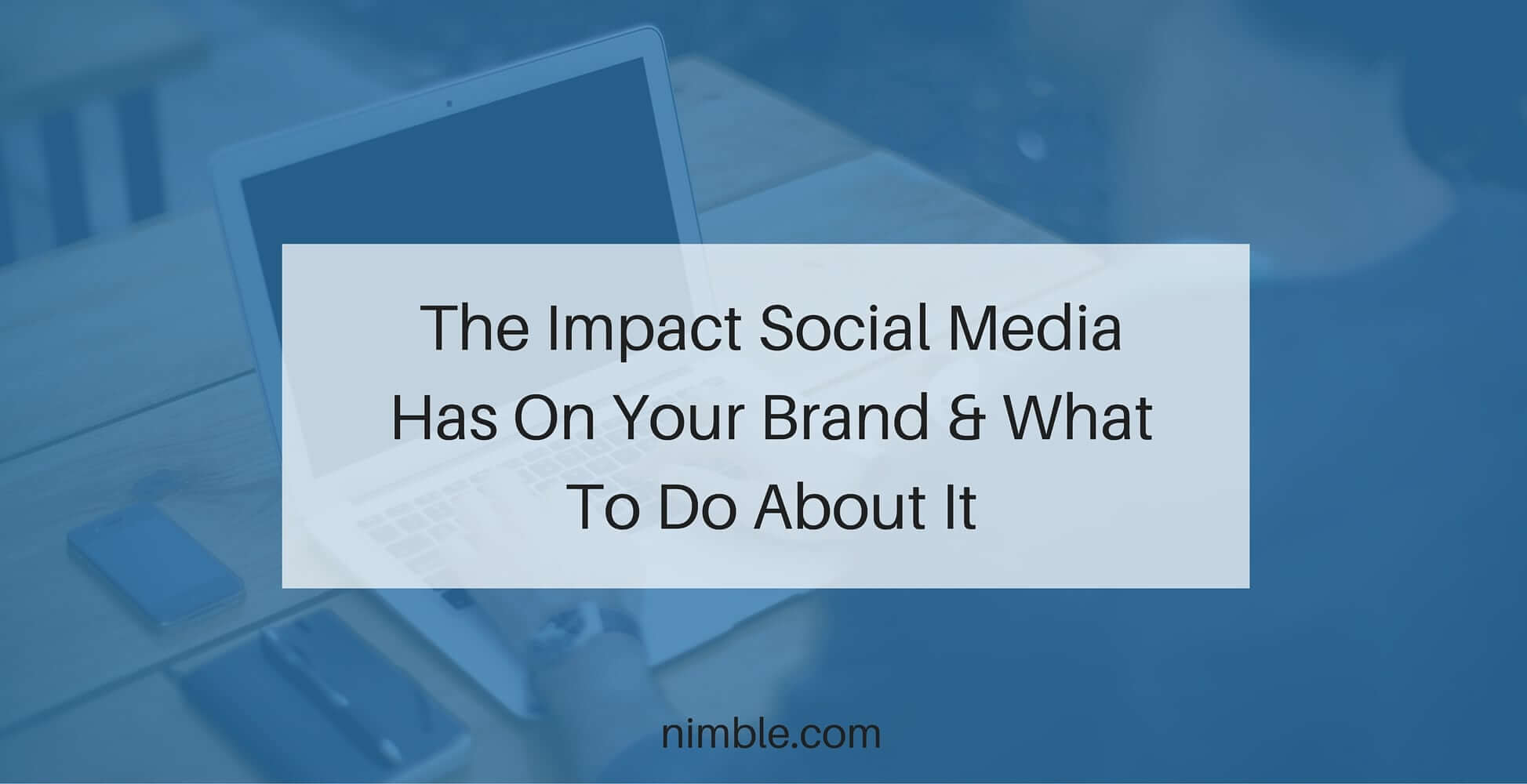[Tweet ““Your brand is what other people say about you when you’re not in the room” – Jeff Bezos, Amazon CEO”]
One good definition of a brand is the sum of public perceptions about an organisation. And where do we find most people talking, giving and sharing opinions now? On social media. Over half of the UK population have active social media accounts, which is why businesses that care about their brand neglect social media at their peril.
Most businesses now operate a website, it being so easy and inexpensive to set up thanks to hosting solutions, and social media is the ideal way to drive traffic to the site, where it can be converted into sales. So how is the proliferation of social platforms affecting brands?
Engagement
Social media is far and away the best technique a company has to boost engagement with its customer base. Even a minimum of involvement, such as making one post a day to each relevant platform, increases brand awareness, loyalty, and thereby, profitability.
Promotions
One of the big drivers for people who follow their favourite brands on social media is the chance of getting in on exclusive discounts or deals, and finding out about new products about to hit the market. Brands that want to rapidly increase their number of followers will often devise social-only promotions.
Word of mouth
It’s often said that there’s no better form of advertising than a trusted recommendation, and nowhere is that easier to get than on social media. If people see their friends following a brand then they are likely to give it a go as well. Encouraging followers to recommend a brand to their friends in exchange for a reward of some kind is a tried-and-tested technique for companies.
Marketing
Launching a global marketing campaign for a major brand can cost a small fortune, and there is always the risk of failure, so social media, with its capability to test out new campaigns inexpensively to targeted audiences, has been a boon. The potential is there for brands to make use of social analytics software to gauge audience response in real-time and make strategic adjustments.
Business Intelligence
Brands can track opinion over social media and tap into a vast pool of intelligence about their market. Which age groups or countries have the most positive opinion of a brand? Why are sales of a certain product falling? What types of content shared on the company website get the most social shares?
It’s not all good news
Now, let it never be said that social companies face no hazards. In fact, they are well-documented, from US Airways displaying a seriously NSFW image on its Twitter feed for over an hour, to TfL responding to a dissatisfied commuter with cheek instead of sympathy. Direct and public complaints not being answered promptly or sufficiently, and marketing fails that spread around the world in hours – customer experience, whether positive or negative, is completely visible on social media and presents a major challenge.
How your business can win at social media:
-
Know what you want to get from it – more engagement with your customer base? More conversions? More proficient customer service? Set realistic targets and track success.
-
Produce original content that’s designed to be shared widely – it’s difficult to define what makes a piece of content go viral, and even harder to deliberately create it, but when it happens, brand awareness can rocket.
-
Look at other brands in your industry – who is doing social media well and what can you take away from that? What lessons can be learned from mistakes other brands have made?
-
Brevity is the key to success – most platforms are not suited to long-form content so think about imagery, videos, infographics – image-heavy platforms such as Snapchat, Instagram and Tumblr are showing huge growth, while Facebook now rivals YouTube for video views.
-
Authenticity in telling the story of your brand is essential. You can’t fake it, so don’t even try.
-
Have an action plan in case things go wrong, to include openly and promptly addressing complaints.

